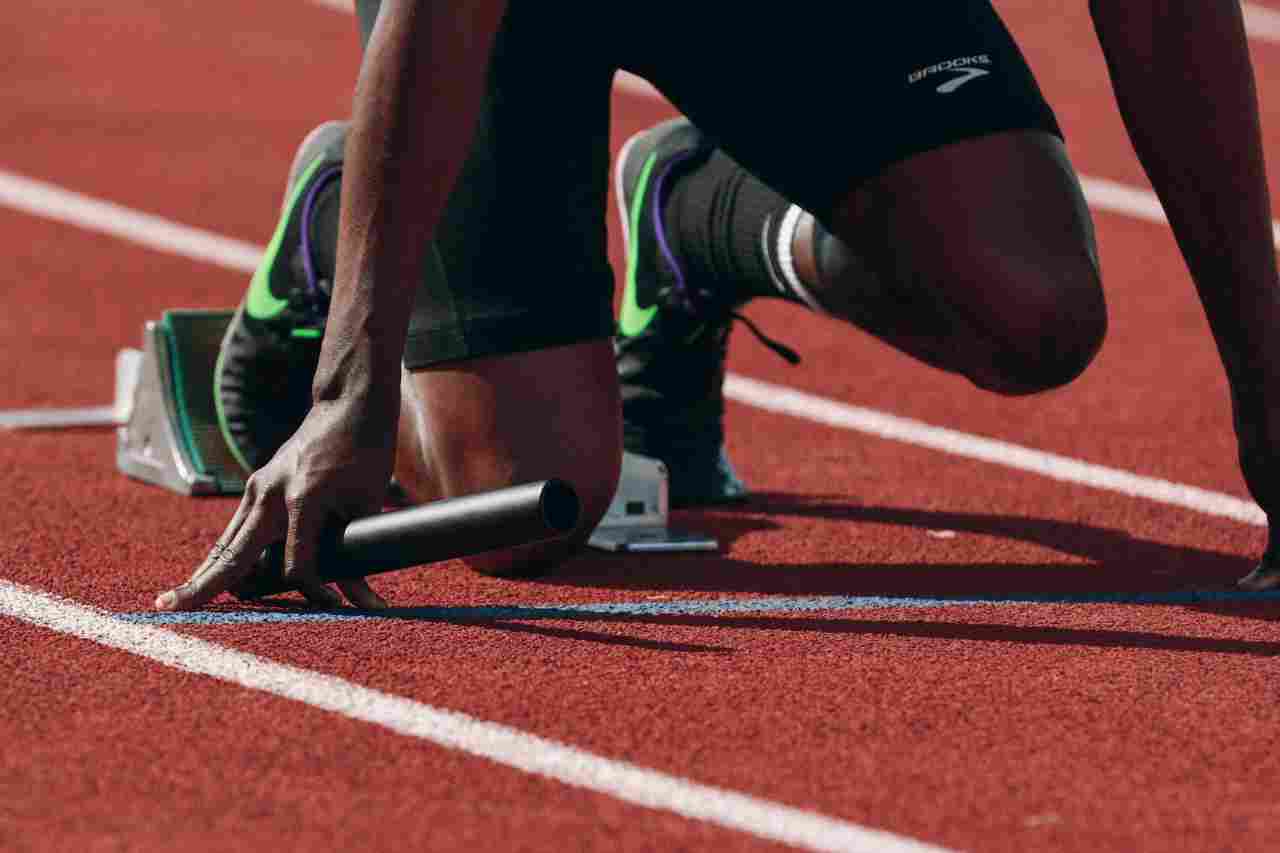Are Professional Athletes Paid Too Much

Essay Question
Some people believe that professional athletes are paid too much money, while others think their salaries are justified. Discuss both views and give your own opinion.
Sample Answer
The escalating salaries of professional athletes have sparked a contentious debate about whether their compensation is excessive or justified. While some argue that the astronomical salaries of athletes are disproportionate compared to other essential professions, others contend that such earnings are warranted due to the substantial economic and social impact athletes have. This essay will explore both perspectives before presenting my reasoned opinion.
On one hand, critics maintain that professional athletes receive exorbitant compensation that far exceeds what many vital workers, such as teachers and healthcare professionals, earn. These critics argue that sectors like education and healthcare directly influence societal well-being and merit greater financial support. The immense financial rewards lavished on athletes, they claim, highlight misplaced societal values and can promote materialism and an unhealthy focus on wealth rather than sportsmanship, dedication, and community spirit.
Conversely, supporters of high athlete salaries emphasize the multifaceted value athletes generate. Professional sports catalyze significant economic activity, stimulating local economies through ticket sales, tourism, merchandise, and media rights. Star athletes often serve as global ambassadors, elevating the profile of sports and inspiring millions worldwide. Moreover, the rigorous physical training, intense competition, and relatively short career spans—often curtailed by injury—justify the high pay athletes receive. Unlike many other professions, athletes must maintain peak physical condition under constant public scrutiny, which is a demanding and risky endeavor.
In my opinion, although the salaries of professional athletes may appear excessive on the surface, they are largely justified when considering the broader economic and cultural impact of their careers. Nevertheless, it is important that this wealth does not overshadow the need to invest adequately in crucial public services. A more equitable distribution of revenues generated by sports could help balance societal priorities while continuing to reward exceptional athletic talent.
In conclusion, the debate about professional athletes’ remuneration reflects broader questions about societal values and economic priorities. While concerns about salary disparities are valid, the considerable contributions of athletes to the economy and culture substantiate their high earnings, provided there is a concurrent commitment to supporting essential public sectors.